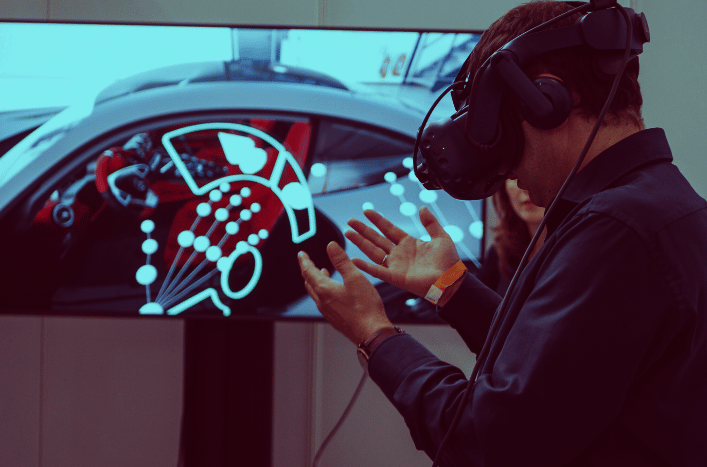Event Trends 2025
The event industry has undergone significant changes as a result of the pandemic and digitalization. In 2025, trends such as gamification and team building will be in focus. While virtual and hybrid events will continue to be relevant, in-person events will gain importance if they offer real added value. We would like to present the most important trends that we believe will shape the industry in 2025.
Gamification: The event becomes an experience
Gamification will be a central component of events in 2025. The integration of playful elements into events, whether physical or virtual, motivates participants and ensures lasting interactions. Companies use gamification to convey content in a playful way, awaken competitive spirit, and promote engagement. Whether through virtual reality (VR) experiences, digital escape rooms, or innovative quiz formats, gamification will make the event experience even more dynamic and personal.

Team building 2.0: Virtual, hybrid, and above all interactive
In 2025, traditional team building will give way to interactive, virtual formats. Virtual workshops, online games, and hybrid approaches will strengthen team spirit even across distances. These flexible formats adapt to new working models and can be supplemented locally by physical meetings. Team building will become increasingly personalized and tailored to the individual needs of participants.

Sustainability: Green events as standard
Awareness of environmental responsibility has grown significantly in the event industry. Sustainable event planning means using resources efficiently, minimizing waste, and keeping the carbon footprint as small as possible. From reusable materials and digital invitations to climate-neutral venues, green events are becoming the norm.

Wellbeing & Mindfulness: Focusing on the wellbeing of participants
The importance of wellbeing and mindfulness will continue to grow in 2025, especially at events. People are increasingly valuing mental and physical health. Mindful use of participants' time, conscious and special breaks, and health-conscious offerings will also play an increasingly important role in event planning.

Inclusion and diversity: Accessibility in all areas
Organizers will strive more than ever to organize inclusive events. This includes not only the physical accessibility of venues. Inclusive language and program content as well as digital accessibility also play a crucial role. Virtual events will be designed to be accessible to everyone—for example, through live captioning, sign language interpretation, or consideration of visual and hearing impairments.

Future-oriented events are innovative, sustainable, and personal.
The event industry continues to evolve and adapt to the demands of a connected, digital, and sustainable world. We are excited and look forward to offering space for many creative and exciting events at our novum locations.
